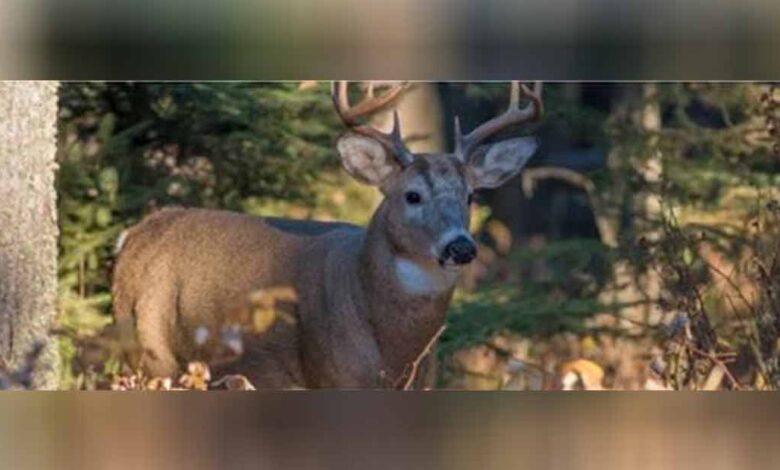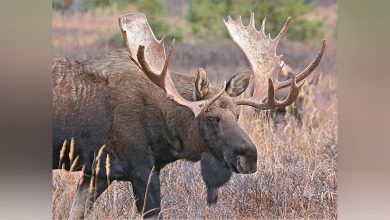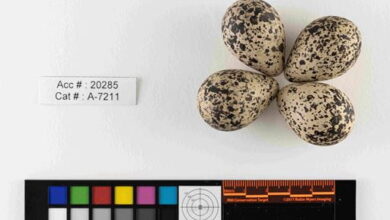
Hunting Season Reminder: Submit Samples for CWD Testing
Chronic wasting disease (CWD) testing drop-off locations are open for another year, and the Ministry of Environment is asking hunters to submit deer, moose and elk samples.
While samples can be submitted from animals harvested anywhere in the province, samples from wildlife management zones 2W, 9, 10, 37, 47, 50 and 55 are of particular interest.
“Since the province began monitoring more than 25 years ago, we have seen the spread and prevalence of chronic wasting disease increase,” Environment Minister Christine Tell said. “We rely on hunters submitting samples for testing so we can continue to measure and manage CWD, and we are grateful to their ongoing support in those efforts.”
To submit a head for testing, hunters can visit cwdsk.ca to request a test and receive a unique tracking number. Heads can then be submitted for testing at a designated CWD drop-off point. For more information, including how to collect a sample for testing, a list of drop-off points, and test results, visit saskatchewan.ca/cwd. There is no charge for a CWD test.
CWD has been detected in 60 of the province’s 83 wildlife management zones. During the 2022-23 hunting season, a total of 2,237 samples were received, and 473 positive cases of CWD were detected. Mule deer most commonly tested positive with a total of 331 cases. However, there were also 135 cases detected in white-tailed deer, four in elk and three in moose, highlighting the importance of ensuring all harvested cervids are submitted for testing.
CWD is an infectious central nervous system disease in cervids such as deer, moose and elk with no known cure. It is always fatal in affected animals, and high infection rates can impact populations. The disease has become established across most of southern Saskatchewan, and testing provides the Ministry of Environment with invaluable information to monitor the spread and manage conservation efforts.
Although, there are no documented cases of CWD in humans and the risk of human infection is low, hunters are advised to refrain from eating or distributing meat from animals that have tested positive. If your animal tests positive, you can dispose of the carcass and meat. Processed meat may be double-bagged and disposed of in regular household waste in limited quantities. Carcasses and larger amounts of meat should be disposed of in a landfill or a Ministry of Environment carcass disposal bin. Please contact your local landfill operator before disposal, as not all landfills accept animal carcasses.








































